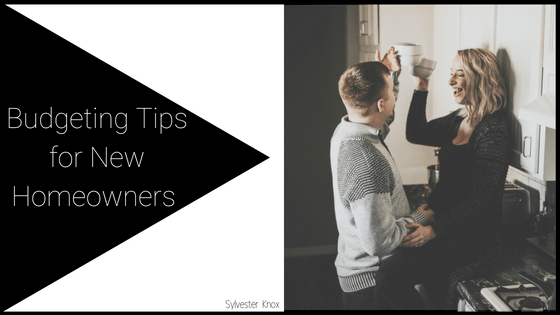As a homeowner, many new expenses come with owning a home and maintaining the property. Some home buyers fail to calculate the costs and if they can afford the overall cost of homeownership. If you want to remain in control of your finances after purchasing your first home, here are a few tips you can follow.
Repairs
Repairs are one of the most common parts of owning a home due to parts or materials that wear down and need to be replaced. You’ll need to have money saved to perform minor repairs that include fixing leaky faucets or securing loose shingles on the roof. Over the years, major renovations will also be needed and can be significant with the cost, which includes replacing your HVAC system or installing a new roof.
HOA Fees
Depending on where you live, you may need to budget for homeowner’s association fees, which can be hundreds of dollars each month on top of your mortgage. Homeowner’s insurance is another expense that is often required as a first-time buyer for those who obtain an FHA loan. Real estate taxes are also an extra cost but are often included in your mortgage. The payment can vary each year due to changes and taxes.
General Maintenance
You’ll need to set aside money throughout the year to save for general maintenance to upkeep your property. Carpet cleaning, painting, replacing the windows, and tiling bathrooms are all common projects that are necessary as the home ages and suffers from wear and tear.
Revisit Your Savings
If you want to plan ahead to ensure that you can cover the extra costs of owning a home, you’ll need to create an emergency fund that will allow you to have the necessary funds available at a moment’s notice. You can refill the fund every time that it’s used to ensure that it’s always available. Your life insurance can also be used to cover the mortgage for three to six months, which may require you to purchase a higher amount in the event of an emergency.
Retirement contributions also need to be considered because they should be able to cover your new housing expenses. It may be necessary to allocate more, mainly if the house isn’t paid off once you retire.

